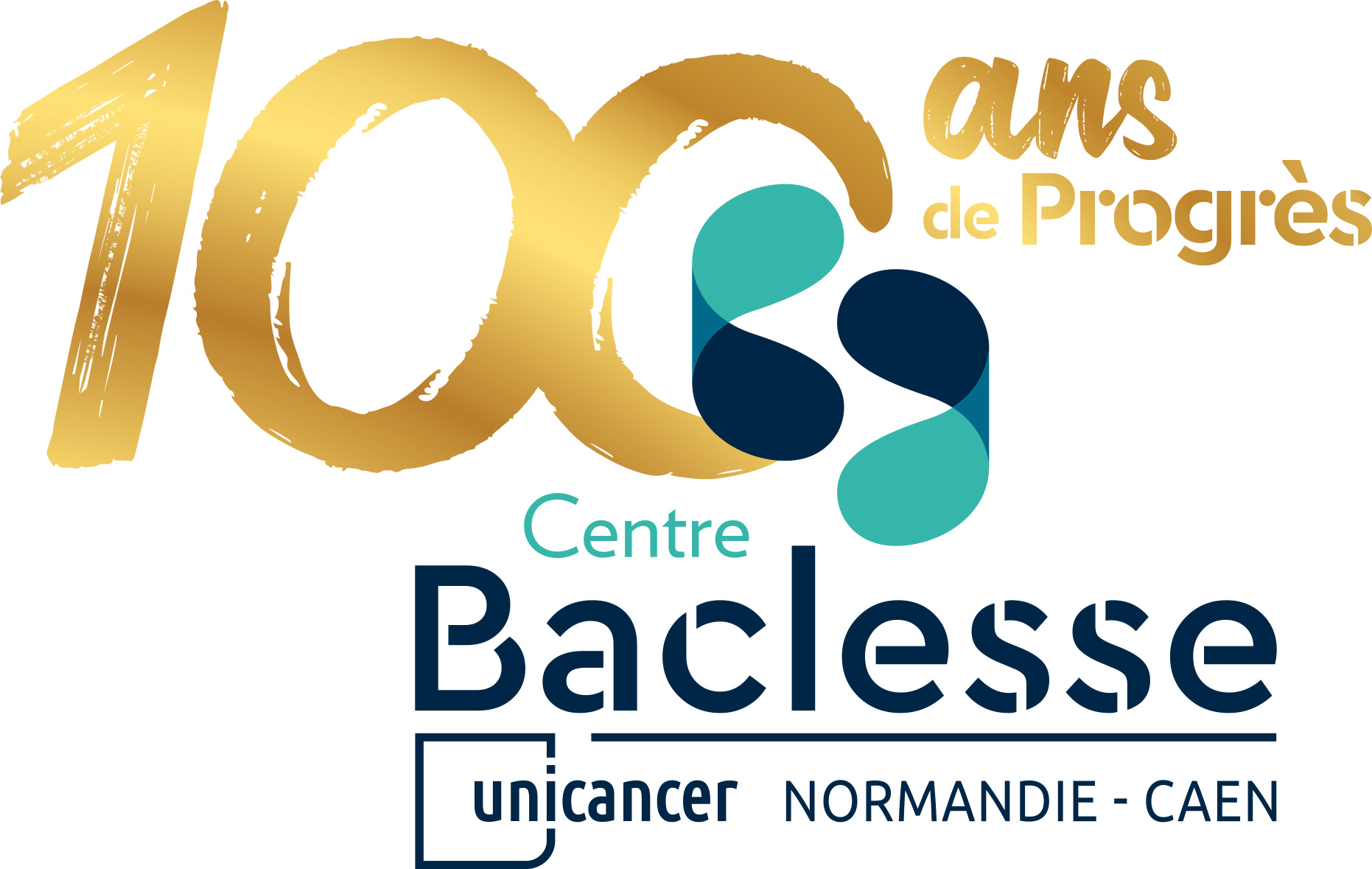Your cancer treatment is complete; even if your are still under hormone therapy, this page is also relevant to you. Follow-up will now be required and generally covers several chapters.
Follow-up modalities
These modalities will be explained to you during and end of treatment consultation and will be provided in written format, referred to as the Survivorship Care Plan (SCP)
This personal care plan for the post-cancer period contains at least (contents defined by the INCa – French National Cancer Institute):
- A medical chapter including, in particular, a personal monitoring plan (calendar, modalities and frequency of consultations and complementary examinations/tests),
- A chapter on quality of life and access to supportive care,
- A chapter on social/welfare guidance,
- A contact chapter: healthcare professionals, welfare/social workers, associations, etc.
The objective is to benefit from global and pluridisciplinary follow-up, the aim of which is to facilitate the best possible quality of life, from a physical, psychological and social viewpoint. The link with your general practitioner is crucial; he/she is the healthcare coordinator the closest to your home and the prime interface with your cancer care facility.
Medical chapter
The end of treatment consultation is a medical appointment with the specialist who coordinated your treatment (medical oncologist, surgeon, radiation oncologist, etc.), as indicated in the SCP. It is an opportunity to summarise the treatment you have received and to organise medical monitoring. This follow-up can allow us to identify and treat any possible late side effects associated with treatment, and any sequelae (after effects) of disease. It also contributes towards the early detection of signs of recurrence or the onset of another type of cancer.
With your doctor, a personal monitoring plan will be set up and a calendar of medical appointments will be prepared: this is the medical chapter of your SCP. This must be done over alternating appointments with your GP and can also involve other specialised physicians for your specific pathology (gynaecologist, urologist, dermatologist, etc.).
Quality of life and access to supportive care
Oncology supportive care is just as important during the post-cancer period as it is during cancer treatment. The medical and/or paramedical end of treatment consultation is the chosen moment to identify the need for such care, so please feel free to ask questions, in order to benefit from the care you really need(*). This can be in the form of treatment for residual pain, diet guidance or psychological support.
Supportive care also takes into account the social impact of cancer, psychological suffering, modified body image, intimacy and sexuality, together with guidance on resuming physical activity.
Such care is provided free of charge in your healthcare establishment or by certain associations. When provided by external healthcare professionals, it is at your own cost (with the exception of consultations with a supportive care physician: pain specialist or physchiatrist for example, or within the framework of a patient’s association).
Social and welfare guidance
The social work department acts in favour of patients at all phases of their care path. The social worker actively listens to your needs and concerns, in order to identify, with you and your close circle, the most appropriate solutions.
Disease can result in financial difficulties:
- decreased income due to sick leave or reduced professional activity, or invalidity, for example;
- costs associated with care or accessories that are not or only poorly reimbursed (bras adapted to suit breast implants after mastectomy, skin treatment to relieve the side effects of certain treatment, etc.);
- more difficult access to loans, even several years after the end of treatment (**)(***).
Professional life is often put on hold, temporarily, and the return to work can require special adaptations (****).
Family life and social interactions, and staying at home can sometimes be affected.
Contacts
Resources are different from one healthcare facility to another, and from one area/region to another. They can include healthcare professionals, social workers, patient associations and their local or national delegations. Ask the doctors and care team who know you well, together with the dedicated information points that you can often find within your healthcare facility (patients’ centres, information and encounter areas (ERI), etc.).
To take things further
*INCa 2016 priority for enhancing the supportive care offer
